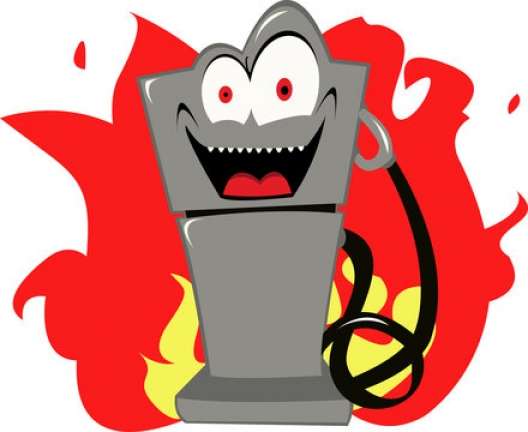Whether large or small, an Information Technology (IT) department is essential to the smooth running of a company. Beyond installing new software and repairing hardware, here are some of the services an IT department offers.
Manage Company Website
A well-functioning website is pivotal to the success of a company. Websites allow companies to showcase their products and services, reach new customers, announce important news, etc.
To help companies achieve these goals, IT departments usually perform the following duties on the company website:
- Design the website layout
- Write and implement code
- Perform website usability testing
- Maintain the website
Application Development
Besides creating and maintaining websites, IT departments may also create custom applications to smoothen business operations. For example, the IT department in an e-commerce company may create an application to allow customers to make purchases via the app easily. In addition to creating the app, here are some other duties an IT department may perform before, during, and after app development:
- Formulate app strategy
- Design the app
- Perform user experience testing
- Deploy and maintain the app
Administration
According to ConnectWise, companies need people to manage their IT systems for business to run smoothly. System administrators (also called sysadmins) ensure a company’s computer systems function properly and serve the company’s needs. While the roles of system administrators may vary from company to company, here are some of the core roles of system administrators in most companies:
- Managing operating systems
- Creating and managing user accounts and system permissions
- Performing regular security tests and assessing threats
- Performing software updates
- Renewing software licenses
- Managing data storage
- Ensuring compliance with recommended standards
- Maintaining networks
In many companies, particularly smaller ones, the roles of system administrators and network administrators may overlap. However, there’s a difference between the two professions. System administrators focus on servers and computer systems.
In contrast, network administrators focus more on networking tasks like setting up and maintaining network hardware and software, preventing unauthorized users from accessing networks and troubleshooting network-related issues.
Technical Support
Technical support is undoubtedly the role most IT departments are known for. When employees require help troubleshooting issues, they usually reach out to the technical support team. Tech support professionals are usually skilled at resolving any computer hardware and software issues employees encounter.
Some of the duties tech support teams perform include:
- Installing new hardware or software
- Repairing faulty hardware or software
- Resolving network connectivity issues
- Installing and configuring new printers, routers, servers, UPSs, projectors, and other equipment
- Installing cloud computing applications
- Backing up and recovering information
- Educating employees on simple troubleshooting
Communication
While the communications department oversees communication in most companies, the IT department facilitates communication in various ways.
IT professionals facilitate communication in organizations by performing the following tasks:
- Maintaining email systems and resolving email-related issues
- Installing and configuring video and audio-conferencing systems
- Setting up conference calls
- Setting up phone systems
While IT departments are commonly associated with providing technical support, they do more. If you run a company, particularly a small one, your IT department may find it challenging to provide these services.
If your IT department is stretched thin or you don’t have the personnel or time to manage your IT, consider investing in managed IT services.
Read Also: Why IT Support is Important for Businesses Operating in the Digital Space















